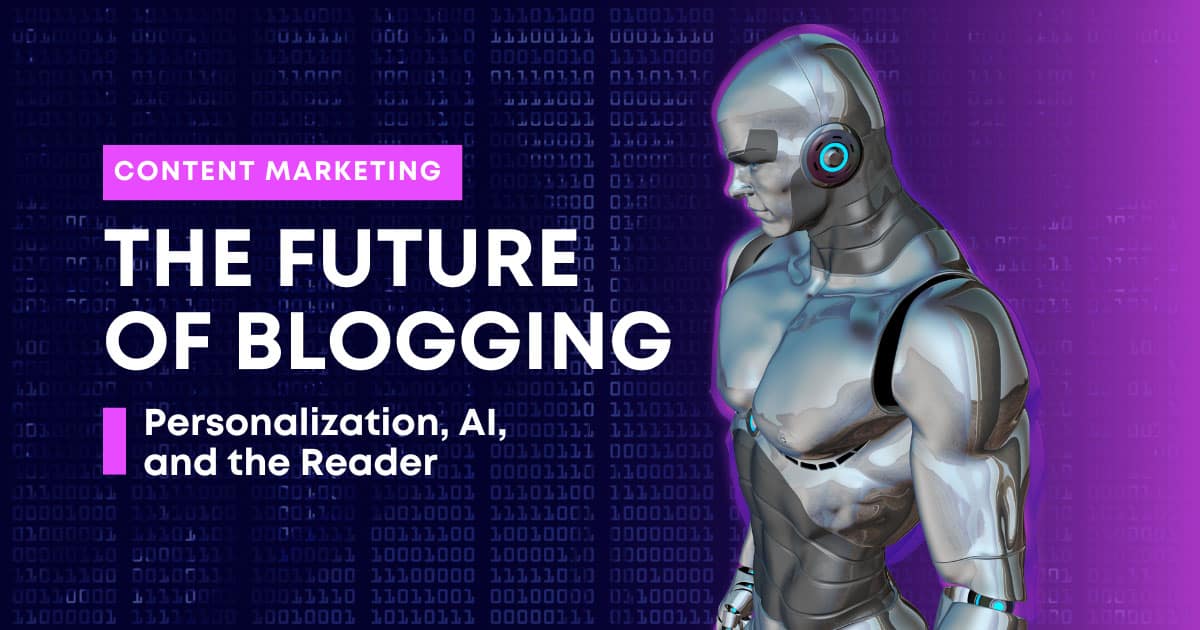The Future of Blogging: AI Personalization and Decentralized Publishing
The blogging landscape is undergoing a profound transformation, driven by advances in artificial intelligence (AI) and the emergence of decentralized publishing models. These trends are reshaping how content is created, personalized, and distributed, with significant implications for bloggers, readers, and the broader digital ecosystem.
AI Personalization in Blogging
Hyper-personalized content is rapidly becoming the norm, not the exception. AI tools now enable bloggers to tailor content dynamically to individual readers, analyzing data such as past reading behavior, preferences, and even location to deliver a unique experience for each visitor. This goes far beyond simple “related posts” widgets—modern systems can adjust headlines, examples, calls-to-action, and even the tone of an article in real time, much like Netflix or Spotify personalize recommendations.
Key Developments in AI Personalization
- Dynamic Content Adaptation: Blogs can now display segment-specific content blocks, interactive elements, and personalized calls-to-action based on user behavior, industry, or role.
- Real-Time Analytics: AI-powered systems analyze reader interactions (e.g., articles read, emails opened, site navigation) to adjust content on the fly, increasing engagement and conversion rates.
- Accessible Tools: Even independent bloggers can implement basic personalization using plugins and SaaS solutions that track reader categories and dynamically alter content.
- Measurable Benefits: Personalized blog experiences show 25–30% higher time on page, 15–20% lower bounce rates, and 10–15% higher conversion rates compared to static content.
Challenges and Considerations
While personalization boosts engagement, it requires careful handling of user data and privacy. Transparent opt-out options and compliance with data protection regulations are essential to maintain trust.
Decentralized Publishing
Decentralized publishing refers to content creation and distribution models that reduce reliance on centralized platforms (like Medium or WordPress.com) in favor of peer-to-peer networks, blockchain-based systems, or self-hosted solutions. This trend is closely tied to broader movements toward data sovereignty and user control over digital content.
Potential Impacts of Decentralized Publishing
- Content Ownership: Bloggers retain full control over their work, reducing platform dependency and censorship risks.
- Monetization: New models, such as microtransactions or tokenized rewards, could emerge, allowing readers to directly support creators.
- Resilience: Decentralized systems are less vulnerable to single points of failure, offering greater uptime and censorship resistance.
- Discovery: Decentralized platforms may use AI-driven recommendation engines to help readers discover content across a distributed network, similar to how centralized platforms personalize feeds today.
Current State and Future Outlook
While decentralized publishing is still in its early stages compared to AI personalization, it represents a growing area of experimentation, especially among tech-savvy creators and communities focused on privacy and autonomy. The integration of AI into these decentralized systems could further enhance content discovery, personalization, and user experience.
Convergence of Trends
The most impactful blogs of the future will likely combine AI-driven personalization with decentralized publishing infrastructure. This hybrid approach can deliver highly relevant, engaging content while empowering creators and readers with greater control and privacy.
Example Workflow
- Content Creation: AI assists with ideation, drafting, and optimization, while human oversight ensures authenticity and emotional depth.
- Personalization: Real-time analytics and NLP tailor content to individual readers, boosting engagement and loyalty.
- Distribution: Content is published on decentralized platforms, ensuring ownership, resilience, and new monetization opportunities.
- Discovery: AI-powered recommendation engines help readers find content across a distributed network, maintaining the benefits of personalization without centralized control.
Summary Table: Key Trends
| Trend | Description | Impact on Blogging |
|---|---|---|
| AI Personalization | Dynamic, data-driven content tailored to individual readers | Higher engagement, loyalty, conversions |
| Decentralized Publishing | Content ownership and distribution via peer-to-peer or blockchain networks | Greater creator control, censorship resistance |
| Convergence | AI personalization + decentralized infrastructure | Best of both worlds: relevance and autonomy |
Conclusion
The future of blogging is being shaped by the rapid adoption of AI for hyper-personalized content and the exploration of decentralized publishing models. Together, these trends promise a more engaging, equitable, and resilient digital content ecosystem, though they also introduce new challenges around data privacy, content quality, and platform interoperability. Bloggers and publishers who embrace these innovations—while maintaining ethical standards and human connection—will be well-positioned to thrive in the evolving landscape.





